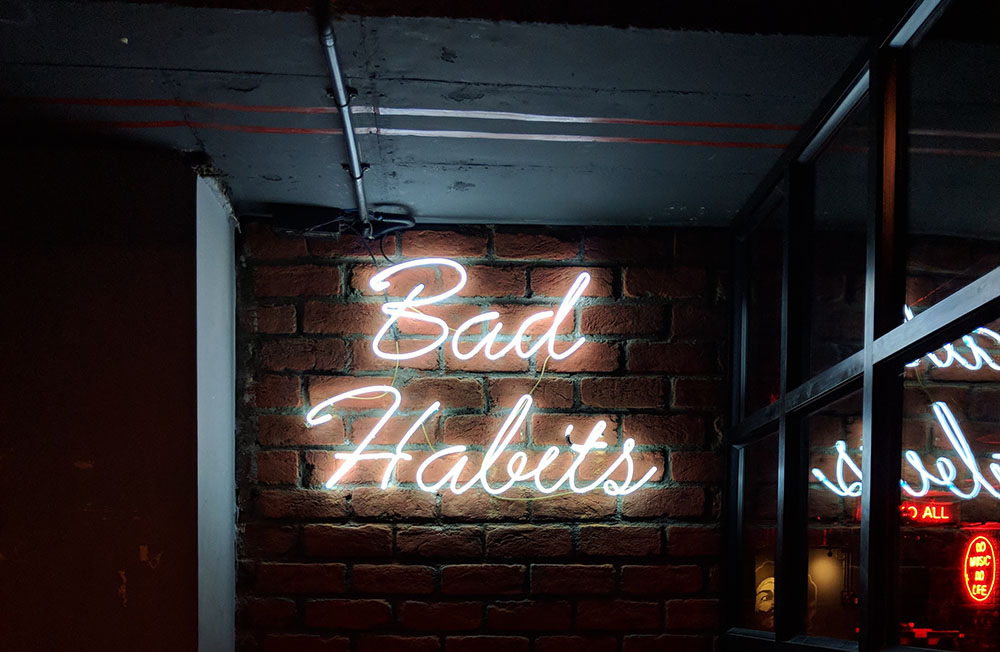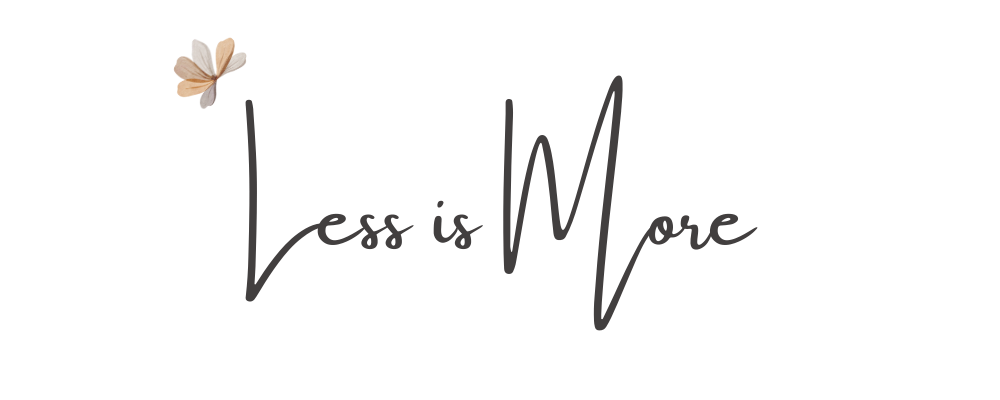Use product and love people, because the opposite doesnt work
Posted by: admin 3 years, 9 months ago
(Comments)

Use the product and love people because the opposite doesn't work.
This is the serial slogan that I like to listen to, the minimalist from Joshua Mil burn and his friend Ryan Nicodemus.
How becoming minimalist
This writing is a kind of self-reminder that always loves to browse what I would like to buy next. The trigger is that there is always a kind of belief, or I believe that having new stuff will bring me happiness. Well, for your information, it's not always.
Introduction of becoming minimalist
Lately, I really like to customer my setup working table. I like to feel the feeling of nature, so instead of buying laminated.
The contra of becoming minimalist
The issue appears when you actually start to be productive. So lately, I can feel that I have become more productive to work at the table, making me more thinking to upgrade. Never before when I work on my lap to think about upgrading the size or the comfort of the table.
So then it gives me a new idea. When we feel that we are good at something, we always want to improve it, making us addicted.
For example, when we are getting better at football, we will think to upgrade our shoes, where actually nothing wrong with our old shoes. When we get better at programming, we want to have a much faster computer, where there is nothing wrong with our old computer, maybe the speed will increase the process 1 or 2 seconds faster.
The worse effect from it is actually we waste our time to review and think to upgrade them. Imagine how much time we spend on YouTube or any other website to compare the new computer, new desk, new ping pong paddle, and many others. In the beginning, we thought we could save more by having a much better, faster, efficient machine, actually used and burnt by the process of reviewing.
The resolution of becoming minimalist
The resolution then, there are a couple of things that we can do.
1. When we feel that we are getting productive and good on something, try to put our step a bit backward. Do we really use our best to squeeze all the tools, stuff that we have?
2. Enjoy the effectiveness and efficiency of your productive day as long as you can. Be present at this moment, because actually, you will not have all time to work or do stuff that you think is productive. You will do many other different things, and perhaps you will forget about all the sorrow by not improving your gear.
3. When you realize that you start review to buy thing or dream that your life will be better by buying some better product, then directly stop it, because you are procrastinating from what you think it makes you more productive. Believe me, and you are trapped in the procrastinating event.
Conclusion becoming minimalist
After all, the conclusion from this point is that sometimes when you think that you want to be more productive by having more gear, you are actually getting more far from being productive because you are taking your time to review and dreaming. And that's the main essence of procrastinating itself.
- Tags:
- meaningful life,
- be-content,
- minimalist
Kenapa sekolah PhD butuh waktu lama!?
Recent newsKali ini kita akan bahas kenapa sekolah PhD itu lama! Tanpa panjang lebar, berikut cara ngeles gw! Maksudnya berikut alasannya! Hope its relate with you!
read more4 days, 2 hours ago
Using Vertex AI for zero one and two three AI prediction
Recent newsHere is my documentation after learning the introduction of AI in courserERA.
read more3 weeks ago
Neural network with API for pre-trained API
Recent newsOverview
The Cloud Natural Language API lets you extract entities from text, perform sentiment and syntactic analysis, and classify text into categories.
read more3 weeks, 2 days ago
what is null result
Recent newsNull result in economic is when the output does not supporting your hypothesis
read more3 weeks, 4 days ago
3 weeks, 4 days ago
Fixing the issue in assumption of OLS step by step or one by one
Recent newsHi, I want to raise the issue related to know whether your OLS is ok or not.
read more1 month, 3 weeks ago
Meaning of 45 degree in economics chart
Recent newsThe **45-degree line** in economics and geometry refers to a line where the values on the x-axis and y-axis are equal at every point. It typically has a slope of 1, meaning that for every unit increase along the horizontal axis (x), there is an equal unit increase along the vertical axis (y). Here are a couple of contexts where the 45-degree line is significant:
read more2 months, 3 weeks ago

Collaboratively administrate empowered markets via plug-and-play networks. Dynamically procrastinate B2C users after installed base benefits. Dramatically visualize customer directed convergence without



Comments